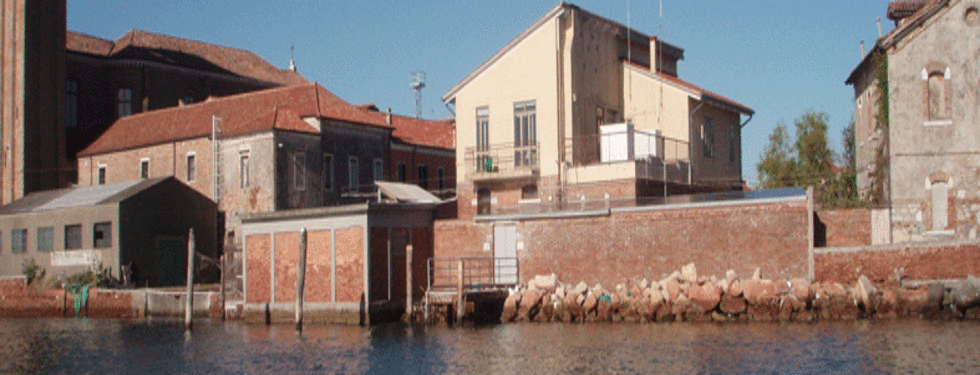Valerio Matozzo

Effects of emerging contaminants on marine invertebrates
Valerio Matozzo, Ilaria Marisa, Luciano Masiero
In invertebrates, the immune response is guaranteed by the action of cells that circulate freely in the haemolymph (haemocytes) or in the coelomic fluid (coelomocytes), as well as by fixed cells localized in various tissues. In aquatic invertebrates, exposure of organisms to stressors (contaminants in particular) can cause marked alterations of immune responses. Considering the ecological and economic importance of some species of bivalves and crustacean decapods both in the Lagoon of Venice and along the west coast of the Northern Adriatic Sea, the research activity is focused on the assessment of the effects of emerging contaminants (e.g., pharmaceuticals and personal care products) on bivalves and crustaceans. For this purpose, several biomarkers indicative of cytotoxicity and oxidative stress are measured in different tissues of animals either collected in areas with different environmental conditions or exposed experimentally in the laboratory.
Selected publications
Matozzo V., Binelli A., Parolini M., Previato M., Masiero L., Finos L., Bressan M., Marin M.G., 2012. Biomarker responses in the clam Ruditapes philippinarum and contamination levels in sediments from seaward and landward sites in the Lagoon of Venice. Ecological Indicators 19: 191-205.
Matozzo V., Costa Devoti A., Marin M.G., 2012. Immunotoxic effects of Triclosan in the clam Ruditapes philippinarum. Ecotoxicology 21: 66-74.
Milan M., Pauletto M., Patarnello T., Bargelloni L., Marin M. G., Matozzo V., 2013. Gene transcription and biomarker responses in the clam Ruditapes philippinarum after exposure to ibuprofen. Aquatic Toxicology 126: 17-29
Matozzo V., Franchi N., Ballarin L., 2014. In vitro effects of the nonsteroidal anti-inflammatory drug, ibuprofen, on the immune parameters of the colonial ascidian Botryllus schlosseri. Toxicology in Vitro 28: 778-783.
Matozzo V., De Notaris C., Finos L., Filippini R., Piovan A., 2015. Environmentally realistic concentrations of the antibiotic Trimethoprim affect haemocyte parameters but not antioxidant enzyme activities in the clam Ruditapes philippinarum. Environmental Pollution 206: 567-574.





